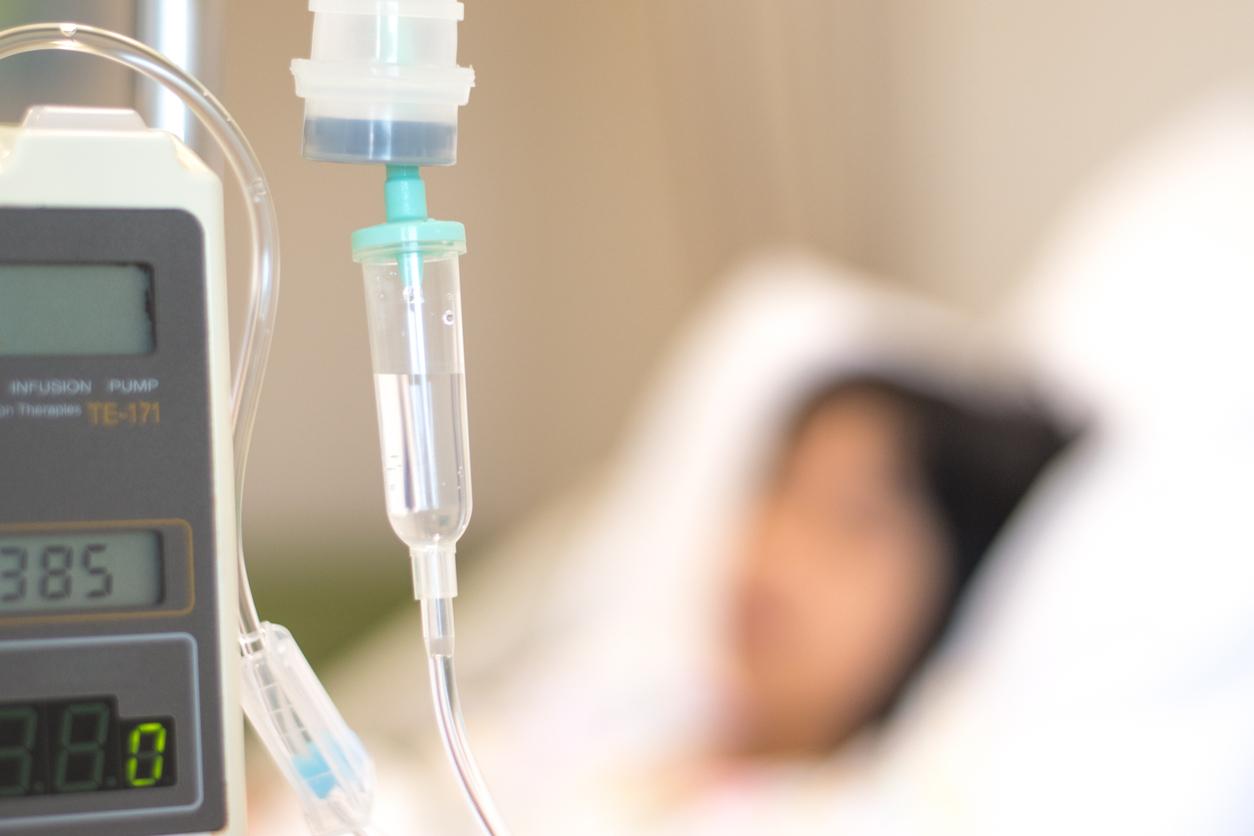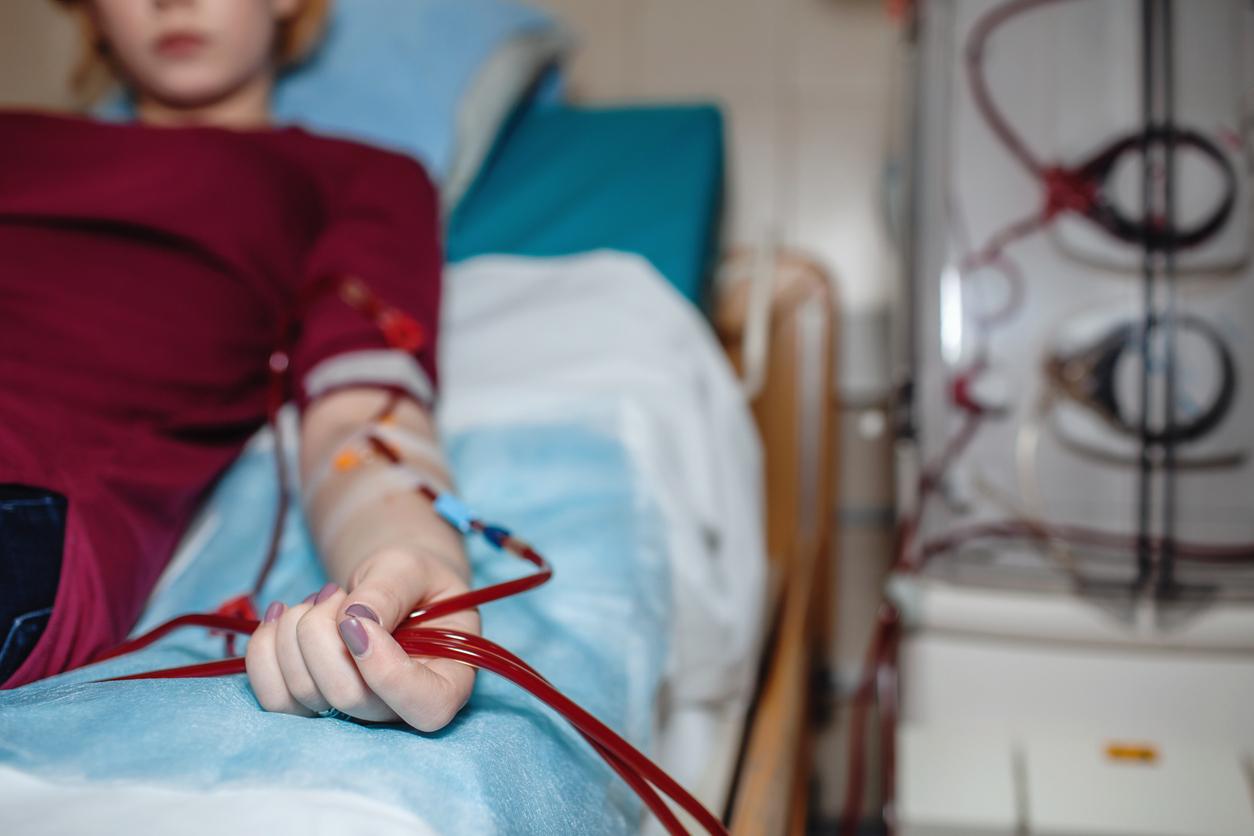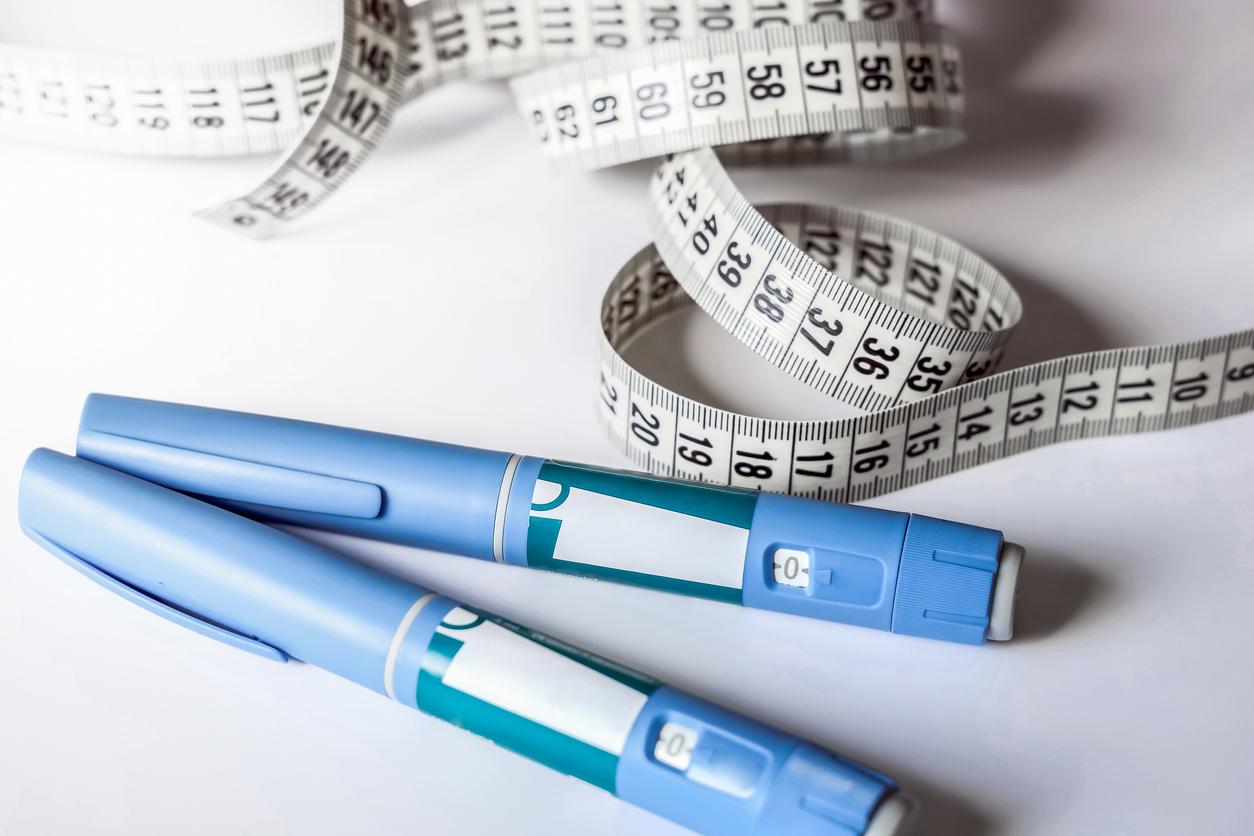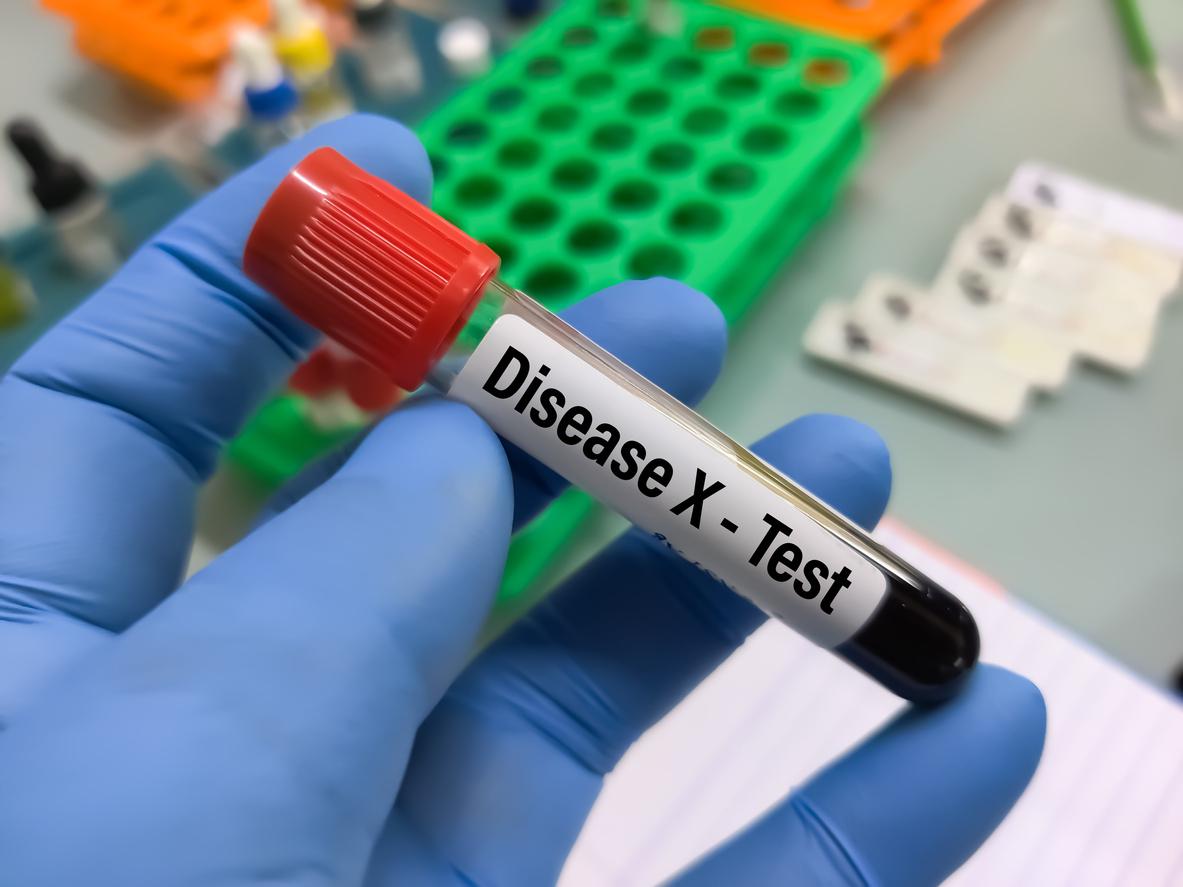Take care of your heart after menopause
Most symptoms of the menopause are well known, such as hot flashes, poor sleep, sudden sweating, fatigue and mood swings. But few people know that cardiovascular disease is also a transitional phenomenon.
Only a third of women are aware of the fact that menopausal women have the same or even higher risk of cardiovascular disease than men. And as many as two-thirds of doctors do not know this, which means that diagnosis and treatment often leave something to be desired.
Risk awareness
Women are more concerned about other conditions during the menopause, such as osteoporosis and breast cancer. However, it is also important to take cardiovascular disease into account. More women die from cardiovascular disease than all other causes of death combined.
During menopause, the fat shifts from the lower body to the abdomen due to hormonal changes. This also raises cholesterol levels. LDL cholesterol, which is seen as ‘bad’ cholesterol, rises the fastest. In addition, blood pressure often increases.
All this leads to an increased risk of cardiovascular disease. You can minimize the risk by keeping a close eye on your cholesterol and blood pressure. If they then appear to increase, you can intervene quickly.
Check cholesterol
It may therefore be advisable to go to your doctor yourself and ask whether you can have a cholesterol measurement. It is also wise to repeat such a measurement regularly, for example once every two years. If your cholesterol level rises, there are several ways to control it. You can opt for medication, but you can also adjust your lifestyle. Please discuss this with your doctor first.
Consciously eating healthier is often a very good method. Replace unhealthy fats with good fats as much as possible. Try a piece of salmon instead of a steak.
Soy and fiber, as in oatmeal, also keep your cholesterol low. You can use, for example, butter or yogurt with plant sterols, which lower your cholesterol.
Want to know more about cholesterol and the menopause? Click here to download the Care for Woman brochure.
Keep blood pressure low
Blood pressure is also important to monitor. If it rises, your risk of cardiovascular disease also rises. So try to keep your blood pressure low. You can do this by exercising more and eating less salt. But there are also very good medicines available for this, so consult your doctor first.
Here are a few more tips to reduce the risk of cardiovascular disease:
- If you smoke, stop immediately.
- Eat as healthy as possible.
- Do not drink too much alcohol.
- Make sure you get enough exercise. Walking for half an hour a day can do wonders.

















